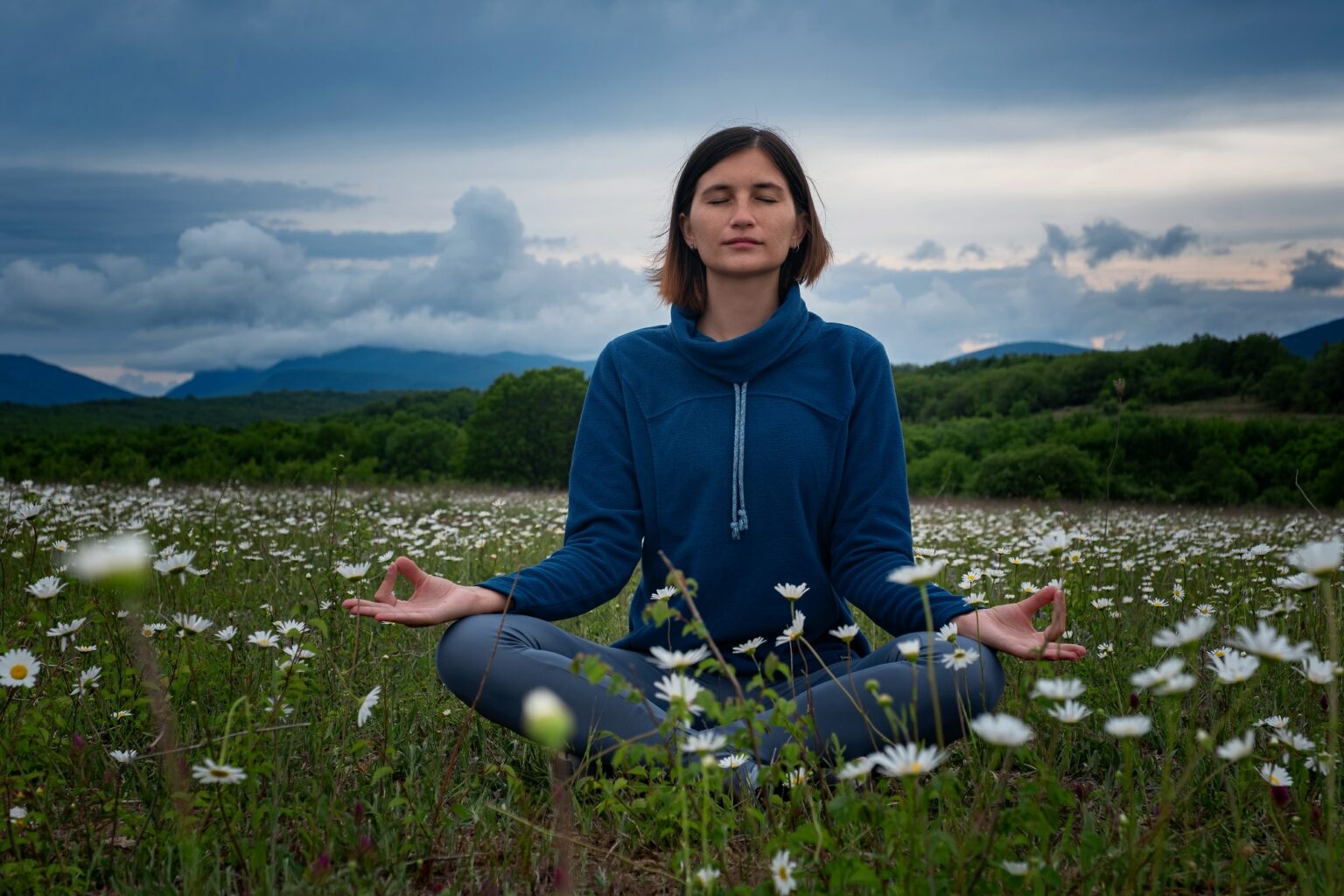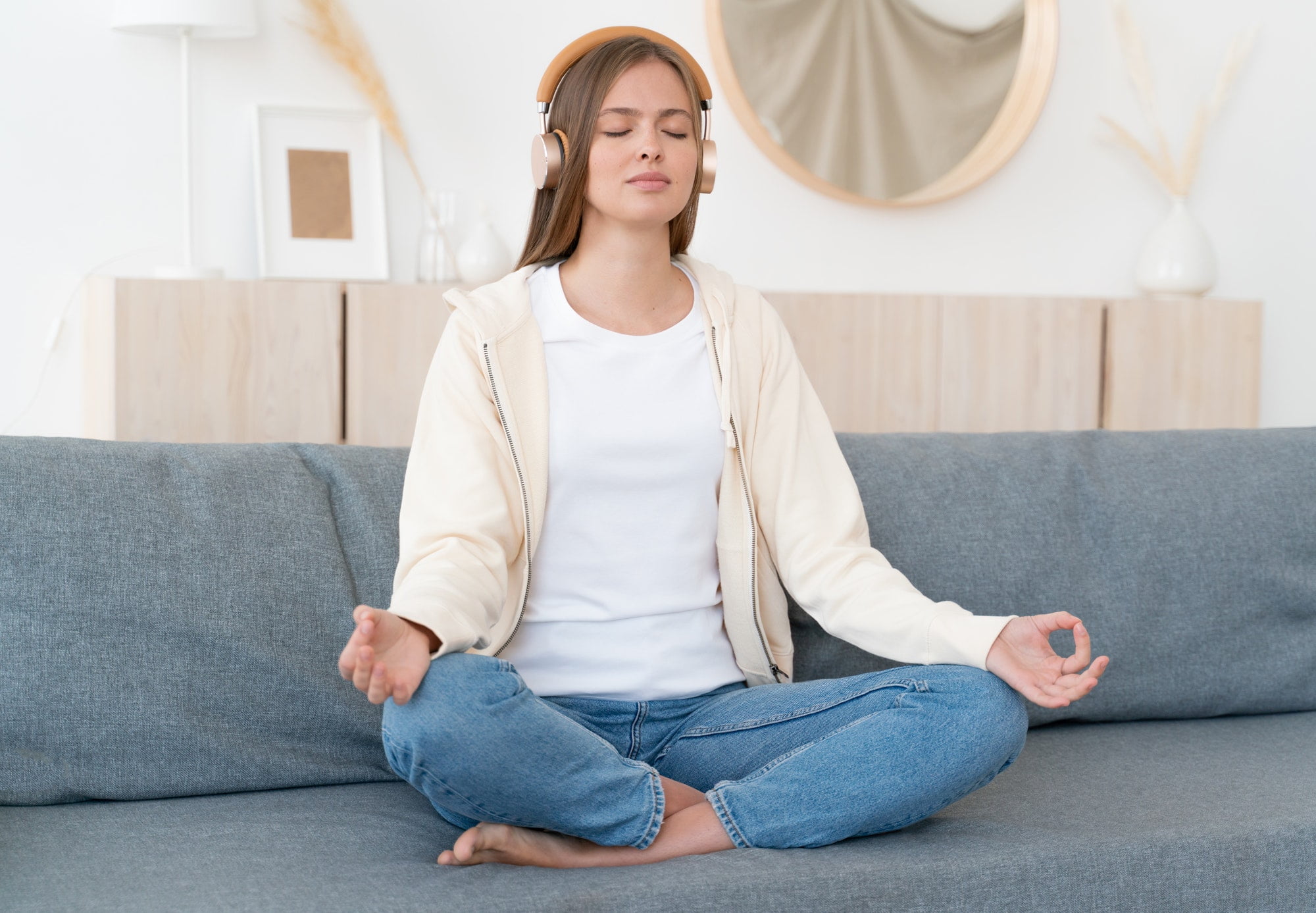Why this site:
Saving time, enjoy life.
Self-improvement.
Begin to create.
Life meanings
Lorem ipsum dolor sit amet, consectetur adipiscing elit. Ut elit tellus, luctus nec ullamcorper mattis, pulvinar dapibus leo.

Routines
Routine is the art of aligning important tasks with their optimal times.
Two Key principles Time boxing and Priority
Time Boxing: This principle involves allocating specific time slots for different tasks or activities. It’s about setting a clear start and end time for each activity, which helps in managing time efficiently and ensuring that tasks do not overrun their allotted time. This approach can lead to better focus and productivity.
Prioritization: This principle is about doing the most important tasks first. It involves identifying which tasks are critical and tackling them before less important ones. This ensures that the most valuable activities are completed, and resources like time and energy are used effectively.
The process of the routine
- Create a Routine: Start by devising a routine tailored to your goals.
- Follow the Routine: Implement and adhere to the routine consistently.
- Record Actions: Keep track of your activities and how they align with the routine.
- Review and Reflect: Regularly assess your routine and recorded actions.
- Make Adjustments: Based on your assessment, modify the routine to improve its effectiveness.
Principles and Methods to make a routine
Keep It Simple: Streamline your focus on the essential elements, avoiding unnecessary complexities.
Focus and Flow: Achieve a state of deep concentration where work feels seamless and effortless.
Deep Work: Prioritize tasks requiring intense focus, and create an environment free from distractions.
Energy Management: Align your tasks with your varying energy levels throughout the day for optimal performance.
Feynman Technique: Reinforce learning by explaining complex concepts in simple terms.
Hippocampus and Memory: Enhance memory retention by connecting new information with what you already know.
Pomodoro Technique: Use short, focused work periods followed by breaks to maintain consistent productivity.
Active Recall: Test yourself on new information instead of just reviewing it to improve memory retention.
Spaced Repetition: Revisit new information at strategic intervals to embed it into long-term memory.
Mind Mapping: Visualize and connect concepts using diagrams for better understanding and recall.
Growth Mindset: View challenges as opportunities to learn and grow, rather than obstacles.
80/20 Rule (Pareto Principle): Concentrate on the few tasks that provide the most significant results.
Mindfulness Meditation: Practice staying present and focused to reduce stress and enhance concentration.
Deliberate Practice: Focus on targeted practice activities, especially in areas of weakness, to improve skills.
Chunking: Break down large information sets into smaller, manageable units for more efficient learning.
Pints which are integral to creating a well-rounded and effective routine:
Sleep: Prioritizing quality sleep for physical and mental rejuvenation.
Morning Yoga: Starting the day with yoga to energize the body and mind.
Meditation: Incorporating regular meditation to improve focus and reduce stress.
Gym and Strength Training: Engaging in strength training for physical health and discipline.
Cardio Sports: Participating in cardiovascular activities for heart health and endurance.
Family Time: Allocating time for bonding with children and parents to strengthen relationships.
Socializing and Relaxation: Scheduling time with friends and for relaxation to maintain mental health and balance.
Before Bed Hot Bath: Taking a warm bath before bed to relax and prepare for quality sleep.
Healthy Eating Habits: Emphasizing nutritious meals for overall health and energy.
Learning and Skill Development: Dedicating time to acquiring new skills or hobbies for personal growth.
Travel and Nature Time: Engaging in travel and outdoor activities to reduce stress and increase creativity.
Movie or Relax Time: Allocating periods for watching movies or relaxing activities for mental and emotional relaxation.
Digital Detox: Setting aside time to disconnect from digital devices for stress reduction and improved real-life interactions.
Personal Reflection: Making time for self-reflection or journaling to align daily actions with long-term goals.
Mindful Reading: Including reading time for relaxation and mental stimulation.
Playlist
Source
Books
YouTube
Medium
Podcasts
MasterClass
Udemy
Capture
Readwise
Obsidian
NotePlan
Anybox
Notion
Organize
Obsidian
NotePlan
Notion
Learning
Lorem ipsum dolor sit amet, consectetur adipiscing elit. Ut elit tellus, luctus nec ullamcorper mattis, pulvinar dapibus leo.
Creation & Action
Lorem ipsum dolor sit amet, consectetur adipiscing elit. Ut elit tellus, luctus nec ullamcorper mattis, pulvinar dapibus leo.

Keep it Simple
Streamline your focus on the essential elements, avoiding unnecessary complexities.

Service 2
A short description of the service and how the visitor will benefit from it.

Service 3
A short description of the service and how the visitor will benefit from it.

Service 4
A short description of the service and how the visitor will benefit from it.








